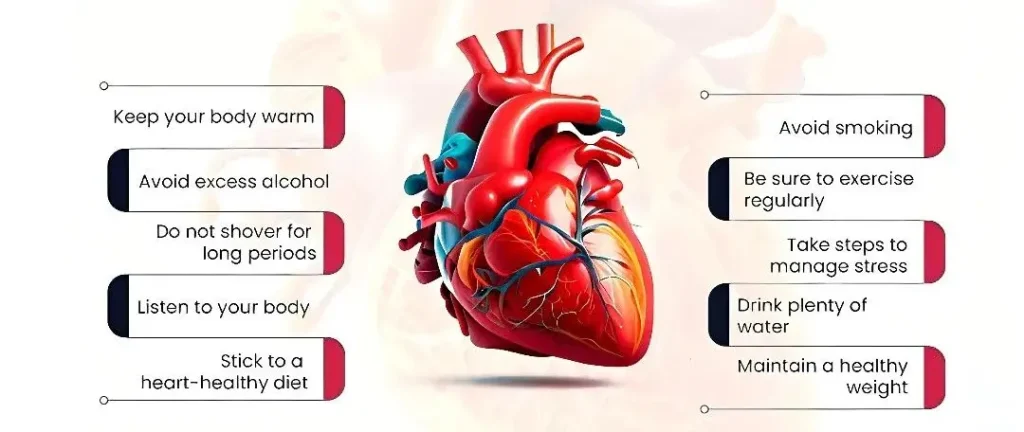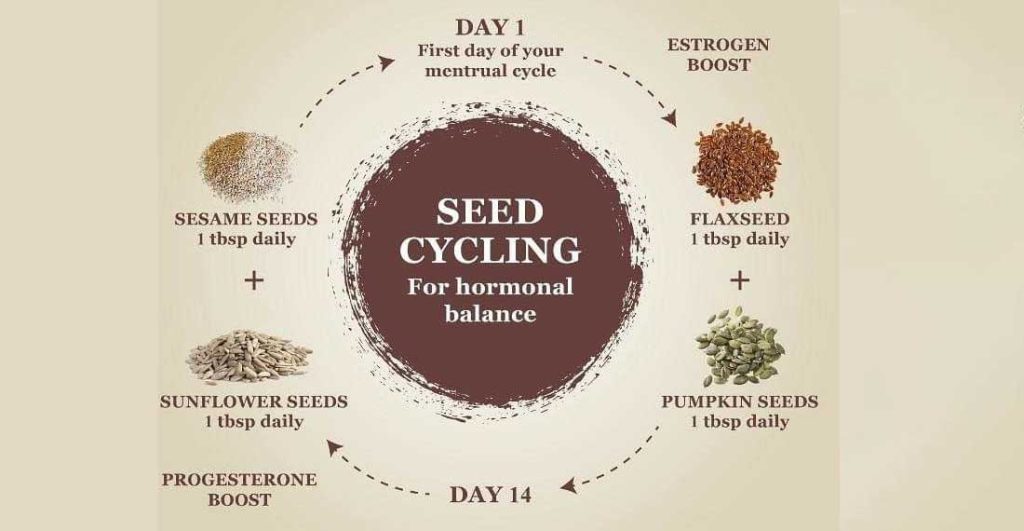
Cardiologists and cardiac surgeons are both medical professionals who specialize in the treatment of heart diseases, but they have different roles and areas of expertise within the field of cardiology.
Cardiologist:
A cardiologist is a medical doctor who specializes in diagnosing, treating, and preventing diseases and conditions of the cardiovascular system, which includes the heart and blood vessels.
Cardiologists primarily focus on the non-surgical management of heart diseases. They use various diagnostic techniques such as echocardiograms, electrocardiograms (ECGs), stress tests, and cardiac catheterizations to assess the heart’s function and identify any abnormalities or diseases.
Cardiologists treat conditions such as coronary artery disease, heart failure, arrhythmias (irregular heartbeats), hypertension (high blood pressure), and congenital heart defects using medications, lifestyle modifications, and procedures like angioplasty and stent placement.
They may also provide guidance on preventive measures such as diet, exercise, and smoking cessation to reduce the risk of heart disease.
Cardiac Surgeon:
A cardiac surgeon is a medical doctor who specializes in performing surgical procedures on the heart and blood vessels.
Cardiac surgeons typically handle more complex cases that require surgical intervention, such as coronary artery bypass surgery, heart valve repair or replacement, heart transplant surgery, and surgical treatment of congenital heart defects.
They work closely with cardiologists to determine the most appropriate treatment plan for each patient. Cardiac surgeons perform procedures that require opening the chest cavity and accessing the heart, often using techniques like open-heart surgery or minimally invasive surgery.
Cardiac surgeons are skilled in various surgical techniques and technologies, including bypass grafting, valve replacement, and minimally invasive approaches like robotic-assisted surgery.
They may also collaborate with other specialists such as anesthesiologists, perfusionists, and critical care physicians to ensure optimal patient care before, during, and after surgery.
In summary, while both cardiologists and cardiac surgeons specialize in treating heart diseases, cardiologists primarily focus on non-surgical management and diagnosis, while cardiac surgeons perform surgical interventions for more complex cardiac conditions. Their roles often complement each other, with collaboration between the two specialties being crucial for comprehensive patient care.
If you have a heart problem, you can see Dr. Gurbeer Gill at Oxford Hospital. Dr. Gill helps people with heart issues without needing stents.


